- HOME
- About AIS
- Student Testimonials
- Interviews
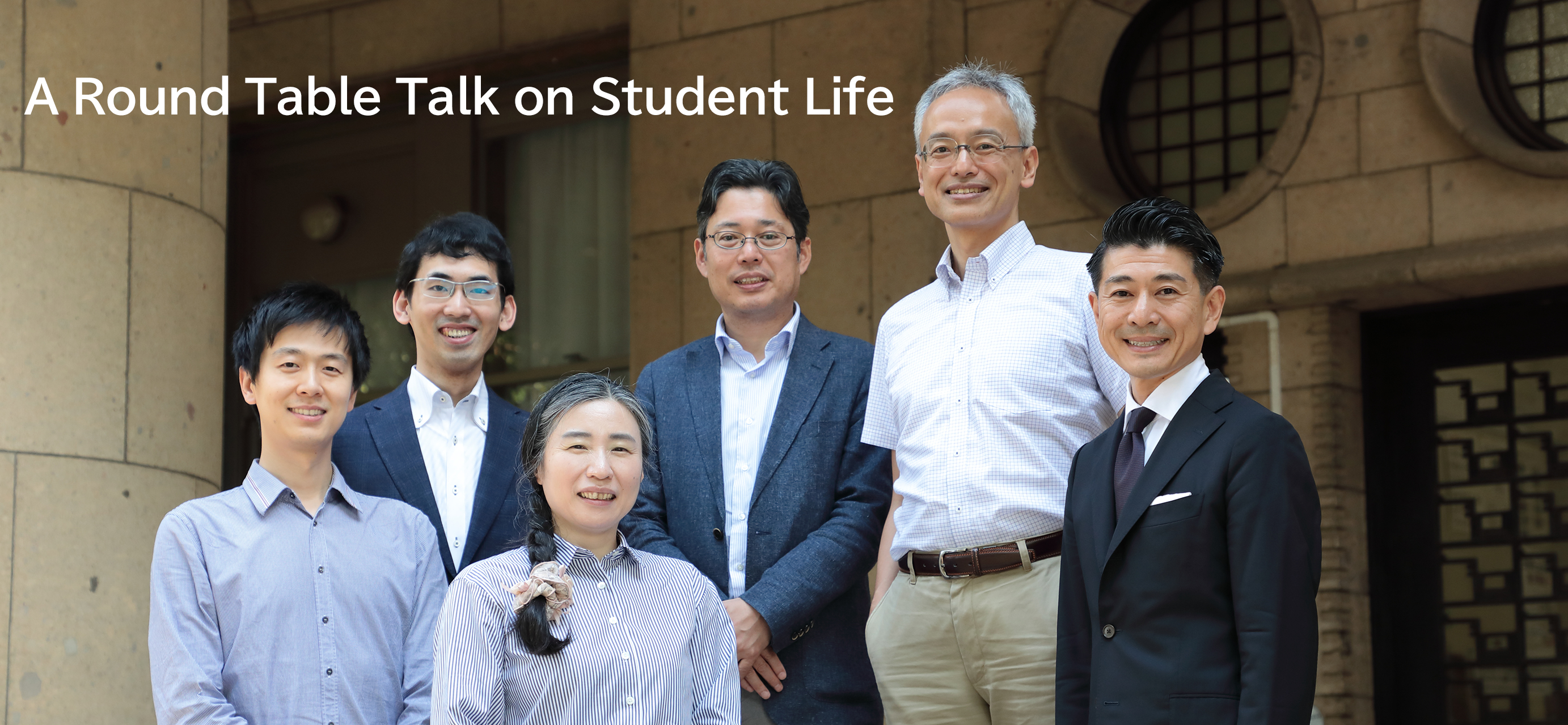
Freedom and innovation that can only be found here
RCAST's Department of Advanced Interdisciplinary Studies doctoral program
A place that breaks through the walls of affiliation, age, and nationality to enable students to learn,
connect with different fields, and immerse themselves in their research.
RCAST's "Department of Advanced Interdisciplinary Studies (AIS)" doctoral program offers several advantages that are not widely known.
Why would students choose this department? What would they gain? Current students and graduates of the program share their thoughts.
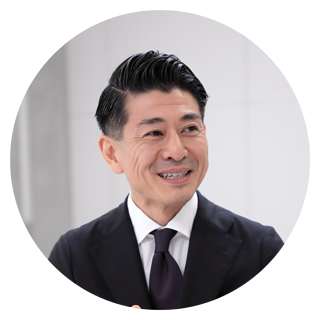
Kohei NISHIYAMA
2017 Doctor (Eng), Entrepreneur, Project Lecturer, RCAST
After graduating from the College of Arts and Sciences of the University of Tokyo, he worked at McKinsey & Company and then founded ELEPHANT DESIGN HOLDINGS Co., Ltd. and CUUSOO SYSTEM Co., Ltd. In 2014, he enrolled in the Department of Advanced Interdisciplinary Studies (Baba Lab) and finished in 2017.
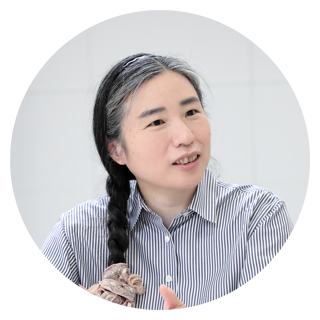
Takako HOSHIYAMA
D4 long-term enrollment student: Nishinari Lab
A management consultant. After graduating from the Kanagawa Institute of Technology, she studied chemical engineering at UCL in England. After becoming a company employee, she earned an MBA at Aoyama Gakuin University's graduate school (ABS). She graduated from the Open University of Japan graduate school in 2016 and then enrolled in the Department of Advanced Interdisciplinary Studies.
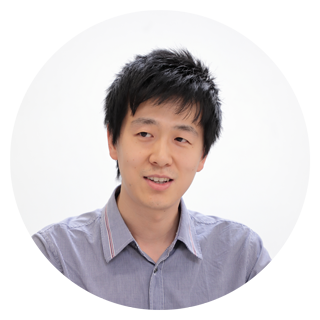
Chao ZHANG
D3: Yamashita-Set Lab
After finishing the master's program at the School of Engineering of the University of Tokyo, Mr. Zhang acted first as a research fellow for the Japan Society for the Promotion of Science and then as a postdoctoral fellow for the Nanyang Technological University in Singapore. Later, he was involved in the development of measuring instruments by Japanese manufacturers. In 2017, he enrolled in the Department of Advanced Interdisciplinary Studies as a company employee.
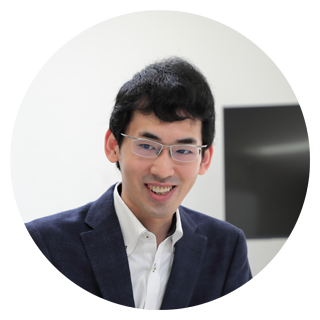
Daigo TERUTSUKI
2018 Doctor (Eng), Project Research Associate, RCAST
While studying abroad at Purdue University during his enrollment in Keio University's master's program, Mr. Terutsuki encountered Kanzaki Lab's "Odorant biosensors using insect olfactory receptors." He changed his research area, enrolled in the Department of Advanced Interdisciplinary Studies in 2015 (Kanzaki Lab), and finished in 2018. He has held his current position since November 2018.
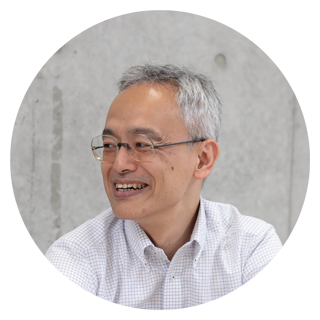
Facilitator
Yasunobu NAKAMURA: Managing Committee
Professor, Quantum Information Physics and Engineering
After graduating from the Faculty of Engineering of the University of Tokyo, Mr. Nakamura worked as a researcher at NEC Corporation's Fundamental Research Laboratories, a visiting researcher at the Delft University of Technology, and the chief researcher at NEC Corporation's Basic and Environmental Research Laboratories. He has held his current position since April 2012. In 1999, he achieved the world's first quantum-bit (qubit) element.
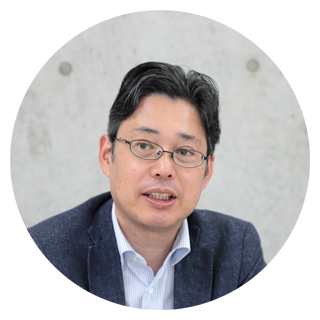
Facilitator
Kazuyuki MOTOHASHI: Director
Professor, Technology Management for Innovation
After finishing the master's program at the School of Engineering of the University of Tokyo, Mr. Motohashi started working at the Ministry of International Trade and Industry (currently the Ministry of Economy, Trade and Industry). He later worked as an economist for the Organization for Economic Co-operation and Development (OECD). He has held his current position since February 2019. In a January 2019 report by the World Intellectual Property Organization, he was listed as a leader in the AI field.
Extremely diverse student backgrounds
- Nakamura
- I feel like RCAST's "Department of Advanced Interdisciplinary Studies doctoral program" isn't recognized so much. Today, I hope to talk to everyone here about your study and the research environment at AIS.
- Motohashi
- First of all, what was everyone's deciding factor for choosing the Department of Advanced Interdisciplinary Studies? Let's start with Ms. Hoshiyama and Mr. Zhang, who are currently studying here.
- Hoshiyama
- While I was learning about business, I happened to come across Professor Nishinari's Jamology. Jamology taught me that certain events can be quantified, which was a major hint for me while working as a management consultant. There's a universal essence to work, too, and I think research is ultimately how one understands that. It occurred to me that I might be able to come up with proposals that would make customers universally happy if I could understand and apply issues specific to my own field. That's why I chose AIS.
- Zhang
- A big reason I enrolled is that I wanted a doctoral degree. In Japan, some people assume that a doctoral degree leads to a research position. However, overseas, people with such degrees often start businesses or work at financial institutions. Doctoral degrees are therefore passports for playing an active role on the global stage. Another reason why I enrolled is that I already had a relationship with Professor Yamashita and Professor Set, and I was interested in the three-dimensional measurement and laser scanners I'm currently researching.
- Nakamura
- How about our alumni, Mr. Terutsuki and Mr. Nishiyama?
- Terutsuki
- I took a doctoral degree through study based on the theme of odorant sensors using insect olfactory receptors. However, I originally researched space structural materials and re-entry environment simulation tests, which were completely different fields. While studying abroad at Purdue University as part of my master's degree program, I met a prominent researcher who was working on a robot imitating bird flapping. That's when I became interested in biomimetics. I was struggling to decide which direction to take my research at the time. When I started considering the possibility of research aimed at directly using living things instead of imitating them, Kanzaki Lab was the first Japanese group to pop up. During the lab visits, I was impressed by its large scale, the diversity of the members, and Professor Kanzaki. It felt like a great environment to obtain a doctorate, so I decided to take an entrance examination.
- Nishiyama
- I was obtaining online technology patents and implementing them for society. When I sold that particular business in 2014, I was fortunate enough to obtain a license to use the data from the LEGO Group, the business transferee. Therefore, I started thinking about researching the related business. An MIT professor who had done a lot of theoretical research in the related field introduced Professor Baba at RCAST (Yasunori BABA, Emeritus Professor, The University of Tokyo) to me. As a result, I enrolled in the doctoral program after I worked as a cooperative research fellow at RCAST. I had a strong desire to elucidate the mechanisms of online platforms. Business demands results first and foremost. Even though I wanted to explain the background of such platforms, I didn't have the energy or time needed to do so. Nevertheless, even as I continued with my business, I'd worked on collaborative research with other researchers and published joint papers. Those activities were recognized, and I was given a special opportunity to enroll without going through a master's program.
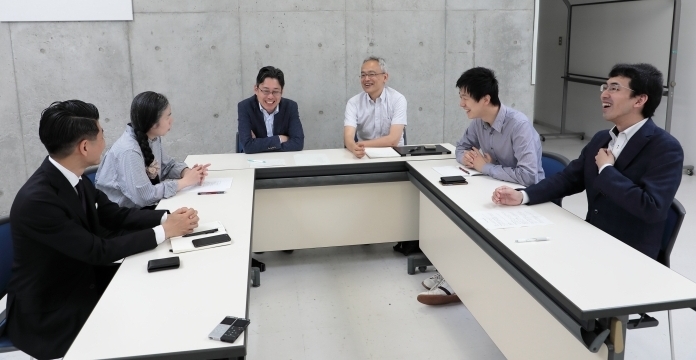
Free and open: the power of a place where top-level minds gather
- Nakamura
- After enrolling, how did you feel about the environment of the Department of Advanced Interdisciplinary Studies and RCAST?
- Zhang
- Maybe it's because of the co-existence of such diverse fields, but the atmosphere is extremely open. Here, we're given the freedom to work unbound by convention. This is especially true of outreach activities such as the UTokyo IPC Incubation Program and the SPIE Startup Challenge, which is held in Silicon Valley. In addition, in March of this year, we were selected as a team to represent UTokyo in the "Todai To Texas (TTT)" program organized by the UTokyo Division of University Corporate Relations, and we had an exhibit in South by Southwest (SXSW). Of the seven chosen teams, two were RCAST labs: Imami-Hiyama Lab and us. I've also personally had the chance to take the stage at various startup-related events.
- Hoshiyama
- I made a lot of friends, including people my own age and foreigners. We helped each other out by exchanging information, and they offered advice on the learning environment.
- Nishiyama
- I was at a small lab, and there were many days when I conducted research on my own. However, Professor Baba regularly gave me advice on who to ask about each field. As a result, I had the chance to visit labs in different fields and learn new things. That advice was also the opportunity that ended up leading to my current position with Nakamura Laboratory. My research is basically in the management field, but my desire to explain mechanisms from the engineering perspective motivated me. The management and engineering fields have a different approach, so I sometimes struggled to achieve consistency. However, meeting researchers in different fields was extremely useful for gaining an understanding of the same research subjects from different perspectives. I consider myself more of an entrepreneur than a researcher. I create value by socially implementing cutting-edge technology through corporate management. One major reason I'm continuing with my research is that I believe research can lead to a deeper understanding and expand the range of applications, which is even more true in the case of cutting-edge technology. If we can speed up the feedback cycle of technological understanding and implementation results, I think the results of research will circulate more widely throughout society.
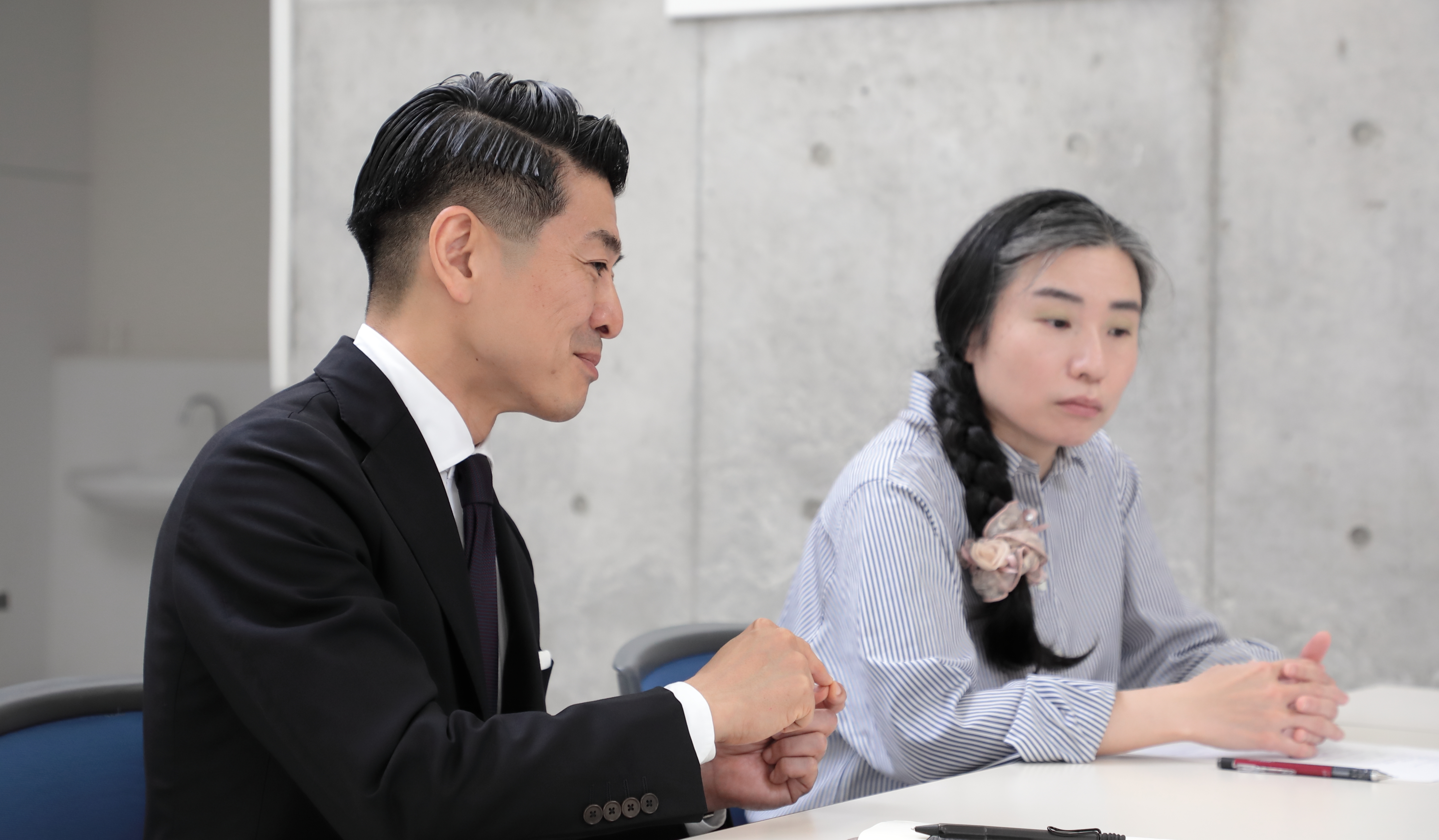
- Motohashi
- The researchers at RCAST are really diverse, so it offers even greater possibilities for people with a focus on social implementation.
- Terutsuki
- What makes RCAST so great is that, while it is an organization consisting of representatives of completely different fields in the sciences and humanities, the members publish papers in high-impact-factor journals such as Nature and Science in their specialized fields, and they also cooperate in conducting various interdisciplinary research activities. This seems rare not only in Japan but in the world at large. Personally, I'm relatively academia-oriented, so I do submit research papers to journals. Given the interests of Professor Kanzaki, I'm also involved in a lot of collaborative research with companies and quite a few patents. I aim at the top journals in these research projects as well. What I really want to say is that RCAST is at the top level in terms of academia and social implementation, including both obtaining patents and starting businesses. This makes RCAST both rare and extremely attractive to undergraduates who are considering pursuing master's degrees and then doctorates. Around half of the students at the Department of Advanced Interdisciplinary Studies are company employees, but RCAST is also extremely valuable for graduate students.
- Motohashi
- I also study how creative research papers are born. You can't create something from nothing, but interesting combinations lead to highly impactful research papers. This is made clear by other research, too. I guess the key point is that RCAST has a collection of first-class people from each field and provides a free environment for them. This is the essence of advanced interdisciplinary studies. Advanced and interdisciplinary approaches seem to conflict, but I feel like there's value in the fusion of advanced knowledge.
- Nakamura
- Yeah, there aren't too many laboratories in the world with RCAST's type of system and atmosphere. I didn't come here as a student, but working on research here is a lot of fun.
A wide range of subjects, a unique entrance examination, and the opportunity to obtain a degree via a collaborative research theme
- Nakamura
- Was there anything you were concerned about when you applied?
- Hoshiyama
- I go on a lot of business trips and have a family, so I was worried about whether I'd be able to get everything done.
- Nakamura
- Company employees often worry about having to work and study at the same time, so we've tried to make the curriculum easy to complete.
- Hoshiyama
- I was really thankful for the long-term enrollment scheme. Completing a doctoral program normally takes three years. However—if you pass an examination—this scheme makes it possible to extend the period of study up to six years while still paying three years' worth of tuition fees. I was in the business field, so I had almost no experiences writing research papers and figured it would take me a long time. In fact, I didn't know about this scheme when I took the entrance examination. I only heard that I could choose the long-term course when I received my acceptance letter. It encouraged me quite a bit.
- Nakamura
- It's nice that the course can be selected during the admission process. After all, if you apply for the three-year course and don't finish on time, you have to pay tuition fees for an extension.
- Motohashi
- At the same time, it's also okay to finish before the six years are up.
- Zhang
- I enrolled as a company employee and am also raising two kids, so it was hard to find time during the first year. After that, my company was kind enough to give me a year of extended leave. However, there was still a big difference between company work and research. I tried to overlap the two, but it was honestly a struggle. Professor Yamashita and Professor Set were always really friendly and looked after each member carefully. They were all easy to talk to, and it was a big help.
- Nakamura
- In autumn of 2018, we launched a system that made it possible to obtain a degree via a collaborative research theme with companies. I think this is pretty appealing to corporate researchers who have completed their master's degrees.
- Terutsuki
- One reason I chose the Department of Advanced Interdisciplinary Studies is the "wide range of subjects." In general, UTokyo’s graduate-school entrance examinations require written examinations in specialized fields. For example, if you apply for the Department of Mechanical Engineering doctoral program, there's a big pile of specific written examinations, including mathematics and physics. I changed my research field for my doctorate, so there's no way I could have passed a test like that. What makes RCAST and its Department of Advanced Interdisciplinary Studies so wonderful is that there are various research fields. As an extreme example, it's possible to study under Professor Aburatani (Genome Science), who plays an active global role, without even taking a medical school entrance examination. There are teachers from different fields nearby, so you can go directly ask them questions. This environment helped me reduce how long I had to study to get my master's degree. Of course, the fact that there are no written examinations doesn't mean that it's easy to get a doctorate. There are serious hurdles standing in the way of getting a UTokyo doctorate, and screening is in place as well. You have to work hard after getting in, but we want more students and company employees who are genuinely interested in research to come.
- Nishiyama
- Compared to advancing to Ivy League and other overseas graduate schools, our national-university tuition fees are low and people only have to pay about a tenth the amount. If you're already in Japan, there's no need for assignment abroad, either.
- Terutsuki
- Because the Department of Advanced Interdisciplinary Studies belongs to the School of Engineering, there is a screening process, but SEUT-RA* also applies. I was a three-year type A student, so I was paid 120,000 yen per month. Combined with my scholarship from the Japan Student Services Organization, this added up to well over 200,000 yen per month, so I was able to devote myself to my research without worry.
*This refers to the School of Engineering and Research Doctoral Course Special Research Assistant system. The system provides financial support to doctoral-program students so they can focus on research without worry. Type B students receive 50,000 yen per month, while outstanding students (type A) receive 120,000 yen per month.
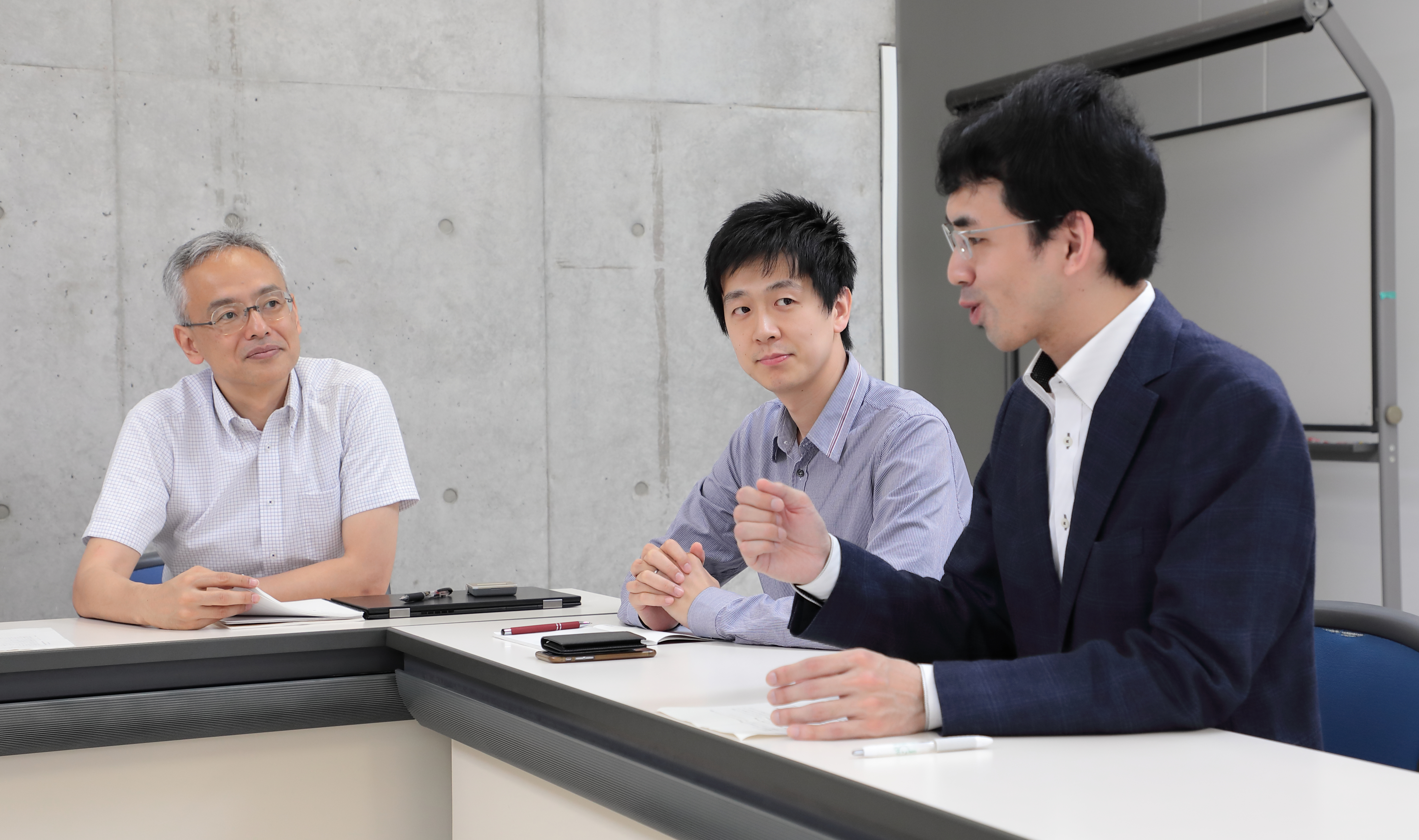
Studying at the University of Cambridge without having to pay any travel or hotel expenses
- Motohashi
- RCAST has a pretty enviable system: they pay all the travel expenses and four weeks' worth of accommodations for the Summer Visiting Student Program at Cambridge University's Clare Hall.
- Nakamura
- You two went to Clare Hall, right Mr. Terutsuki and Mr. Nishiyama?
- Terutsuki
- Yes, in 2016. I was engaged in collaborative research with the H-UTokyo (Hitachi and UTokyo) Lab at the time, so I also studied at the Hitachi Cambridge Laboratory while staying at Clare Hall. I visited different places once every three days. For example, I emailed in advance to visit various labs, discussed robotics with researchers at the University of Cambridge Engineering Department, and visited the MRC Laboratory of Molecular Biology. The opportunity to hold discussions with these high-level researchers gave me a lot of inspiration to ponder my future.
- Nishiyama
- I was really inspired by the program reports that Mr. Terutsuki wrote on the AIS web site. I applied for the program after submitting my doctoral dissertation, so I was able to give a presentation about that while I was there. The Cambridge professor I wanted to visit was unfortunately away on his summer vacation, so I used Clare Hall as a base to extend my journey to other countries. I visited Denmark—the home of LEGO's head office—and I made my research presentation to the management. This led to my opportunities to visit Aarhus University and Copenhagen Business School (CBS). Being able to go on day trips to various European locations for just over 10,000 yen in airfare was really attractive. Using Clare Hall as a hub to expand my research also brought me a postdoc position at CBS.
- Terutsuki
- During my month at Clare Hall, I spent days like a nobleman. I still remember having my lunches and dinners prepared by chefs at Clare Hall...
- Zhang
- I'll actually be going to Clare Hall soon. I'll remember what you two said.
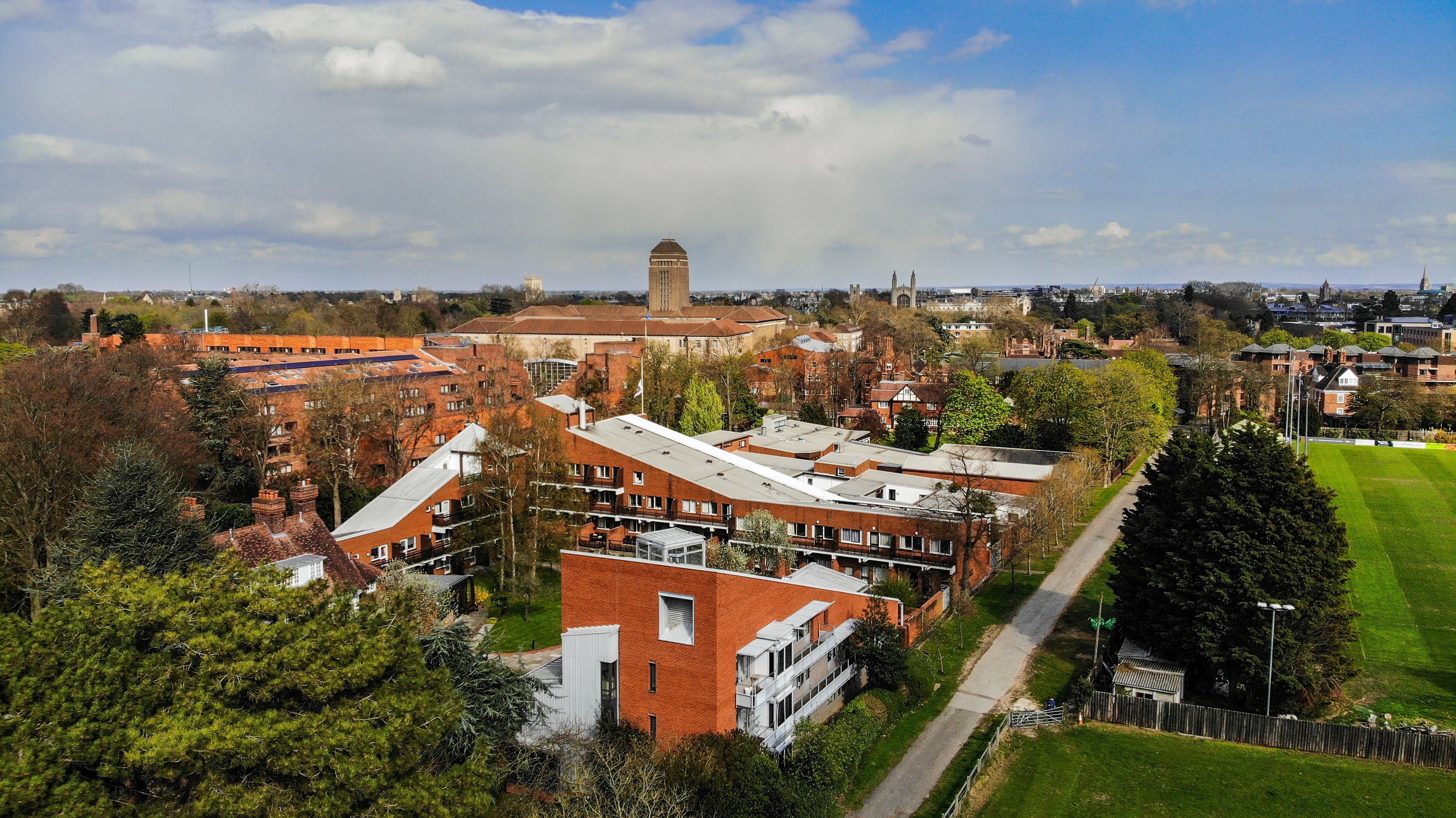
- Hoshiyama
- Wow, I wish I were you.
- Terutsuki
- Cambridge, Oxford, and other schools at that level are pretty strict when they choose sojourners. We're really fortunate to be able to stay there as graduate students, and to have easy access to labs.
- Zhang
- I’m going to take an entrepreneurship course.
- Nakamura
- There are definitely a lot of startups in the Cambridge University area.
- Motohashi
- Cambridge has been popular for entrepreneurship in England for over ten years.
- Zhang
- I actually resigned from my company when my leave of absence ended. I've always wanted to start a business. Therefore, after taking Professor Robert KNELLER's (currently Emeritus Professor, The University of Tokyo) entrepreneurship course, I'm thinking about starting my company and developing my current research theme. I'm really looking forward to my upcoming trip to England.
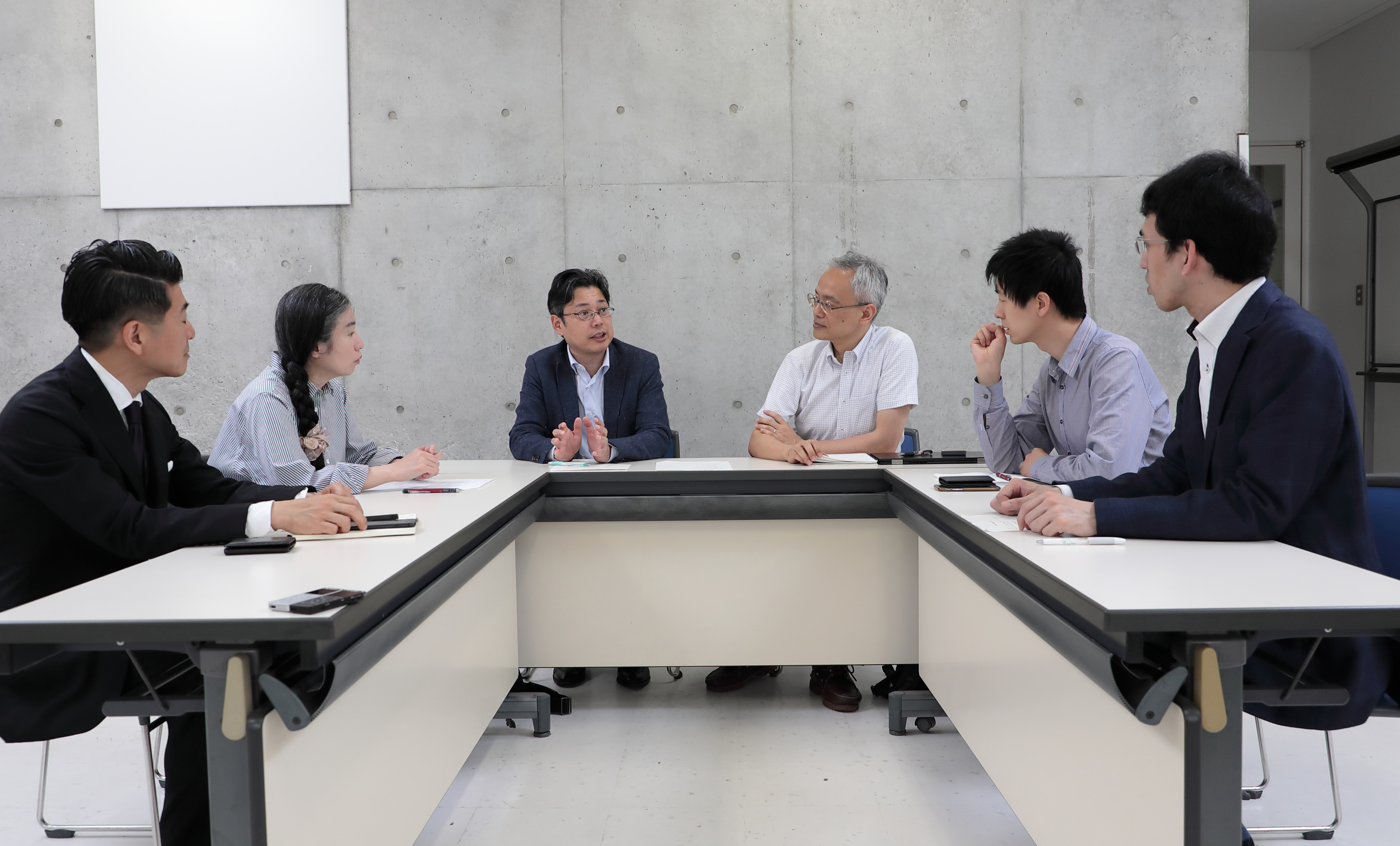
An ideal environment and a doctoral degree open all kinds of doors
- Nakamura
- I'm sure there's no end of things to talk about, but is there anything you'd like to say to people considering advancing to the Department of Advanced Interdisciplinary Studies?
- Hoshiyama
- I think any company employees who want to create innovation should take on the challenge of this opportunity beyond the walls of age and nationality. I think the program is fine for any age. Just try to devise a clear research plan for a short, intensive term as opposed to starting with a six-year plan. I think it's better to come up with a specific dream.
- Nishiyama
- Mr. Zhang mentioned that you need a doctoral degree to work overseas, and I think there will be more and more people who feel that way. Doctoral degrees certainly do open various doors. Through my own doctoral program, I gained a deeper understanding of things as well as the ability to explain them well. With the increasing mobility of employment, more people are starting to play an active multinational role. This makes a degree obtained in RCAST's interdisciplinary research environment more valuable in that it leads to an increased field of action when going beyond individual specialized fields. Of course, it's still hard to ensure that this leads to research achievements. I was really lucky to meet supervisors in my specialized field. Before advancing to the next stage of education, it's important to actually visit the professors and personally confirm your affinity with them. If you find a supervisor who seems like they'll help you do what you want to do even if it's not in a specialized field, you can really go all out after moving on to higher education.
- Zhang
- The AIS’s atmosphere is really open, so it's perfect for people who want to expand their other non-research activities or outreach. Starting a business after finishing the program isn't the only way to achieve innovation. Even if you're affiliated with a company, coming up with a proposal leads to a need for new business proposals. I think the AIS program helps to develop that ability.
- Terutsuki
- There are a lot of requirements for universities nowadays, and I feel like less time is being spent on research, for example, because students need to work on an internship while in graduate school. This means that environments that make it possible of really dedicate three years to research are really wonderful. This sort of environment—which seems to be becoming rarer even at UTokyo and for researchers—is actually more valuable than being blessed with money or equipment. I think students who really want to do something new should definitely come.
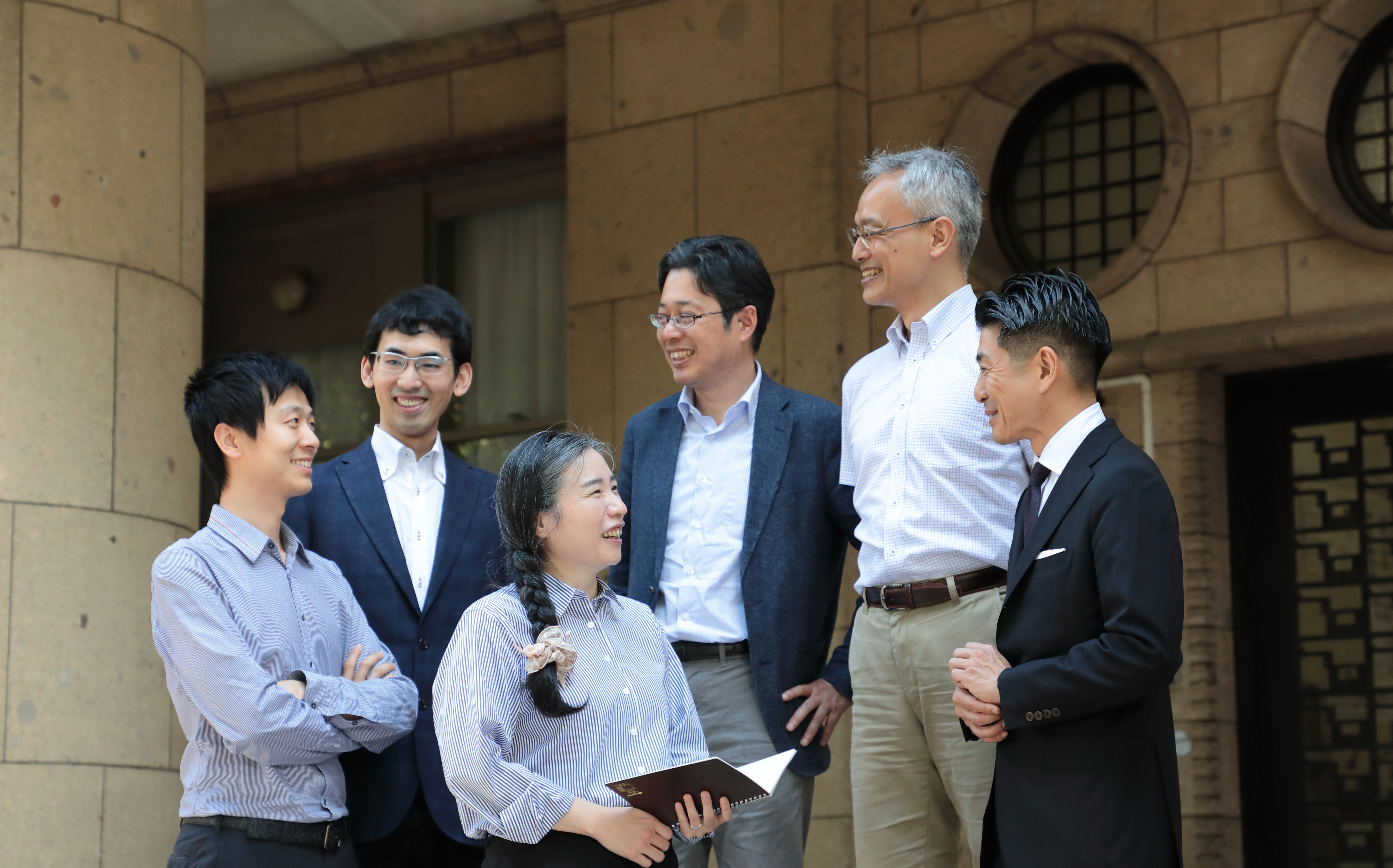
Photo: Yuji IIJIMA
※This article was originally printed in RCAST NEWS 107 (Japanese language only). All information in this article is as of June 2019.


